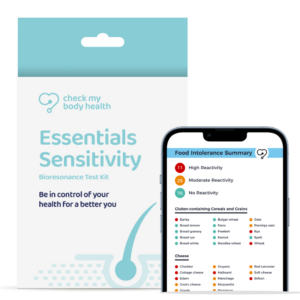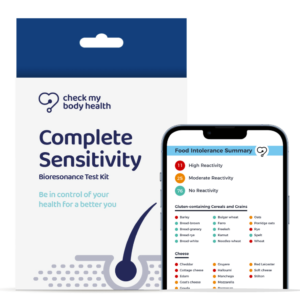Gas is one of those things that some people have, and some people hardly ever experience. So why is that? There are several reasons, and not everyone has the same digestive set up, we are all different in terms of what causes gas. The main thing is that if it becomes a big issue, you should get yourself checked out, as whilst most incidences of gas are easy to explain and pretty harmless, there can be other reasons that may need treatment.
The NHS states that the average person passes gas (either by burping or flatulence) between 15-25 times a day. What’s normal for you, will not necessarily be normal for anyone else. It is important to notice if there is a change in your routine or normal removal of gas, whether it becomes more excessive, or you are creating a particularly bad smell (worse than normal). There may be something that needs treatment if the change is noticeable.
What you can try before consulting your doctor
There are a few things you can try. Whilst your diet may be affecting your level of gas, sudden and radical changes in diet can bring on other problems. Look at other changes or remedies first before embarking on a new food regime.
Making changes to your digestive habits could help:
- Eat more slowly and in small amounts
- Try to eat and drink with your mouth as closed as possible
- Try peppermint tea – it helps the movement of gas through your body and can reduce tummy aches, bloating and gas levels. It certainly helps the digestive system function properly.
- If you don’t exercise, do try to get moving more. That also helps the digestive process.
- Work out which foods you find hard to digest, and which cause you to burp and pass wind more. Stop eating them!
- Avoid fizzy drinks, beer and even fruit juice – they can all affect you.
Without doubt, the most important food items to avoid are those that contain specific indigestible sugars, namely sorbitol, fructose, lactose and raffinose. These foods are not digestible in the stomach and are only broken down when they reach the intestines – consequently once the bacteria break them down, gas is dispersed.
You should also consider what medications you may be taking, as these can affect how smelly your gas may be. Typical medications that can cause bad smells are some commonly prescribed such as painkillers (non-steroidal), statins, antifungal medicine, laxatives and antibiotics.
Talk to your pharmacist, they can be incredibly helpful with the issue of gas. They can even suggest items that may cut down the overwhelming smell that some gas can cause.
The latest list of NHS dieticians recommendations for cutting down on which foods create more gas/smelly gas emissions are:
- Broccoli
- Cabbage
- Brussel sprouts
- Cauliflower
- Dried fruits
- Onions/shallots
- Pulses (lentils, beans)
Plus, of course, the sugars mentioned before. In your quest to find out how you can cope with a gas problem, you may find other items that seem to cause excessive gas, but generally, the list above shows the main antagonists.
It has also been documented that some people suffer with gas when they consume dairy products such as milk, cream, ice cream, cheese and even processed foods that include milk. If you are not aware that you have problems with any of the foods listed, you (and your tummy) may well be sensitive to them. A way of discovering this is by taking a comprehensive but simple sensitivity test here. This will pinpoint foods and external influences that may be causing problems with your digestion of certain foodstuffs.
Consulting your doctor
It is important that you arrange to see your doctor if you notice any changes in bowel habits, even though it is more likely to be dietary issues causing gas. If problems persist, don’t be embarrassed to see your medical professional as soon as you can. You should even arrange to see them if you find the whole situation embarrassing or overwhelming.
Other causes of excessive gas
Other reasons for excessive gas could be:
- Imbalance of gut microbes, called dysbiosis
- Bacterial overgrowth in the small intestine, causing very smelly flatulence
- Yeast overgrowth (often caused by too many carbs and too much sugar)
- Parasitic infections (the least likely)
- Lactose or gluten intolerance, as opposed to sensitivity
You doctor will help you with all the above, once you have been tested.
In closing, we hope you see the importance of gut health relating to gas issues. Keeping your gut in tip top condition can be the answer to many health problems. It is solvable, it’s a case of investigating what is the root cause and whether you can say ‘goodbye’ to gas with a few dietary changes.
Written by Bev Walton, BSc Nutritional Science
I achieved a First-Class Honours degree in BSc Nutritional Science, Nutrition Sciences from the University of Reading and now have over 35 years experience in all types of cuisine, dietary plans, recipe development, health and nutrition. I have been writing for over 10 years for magazines and websites as well as ghostwriting for ebooks, Kindle and fully published books. I’m also a proud member of the Guild of Food writers.




